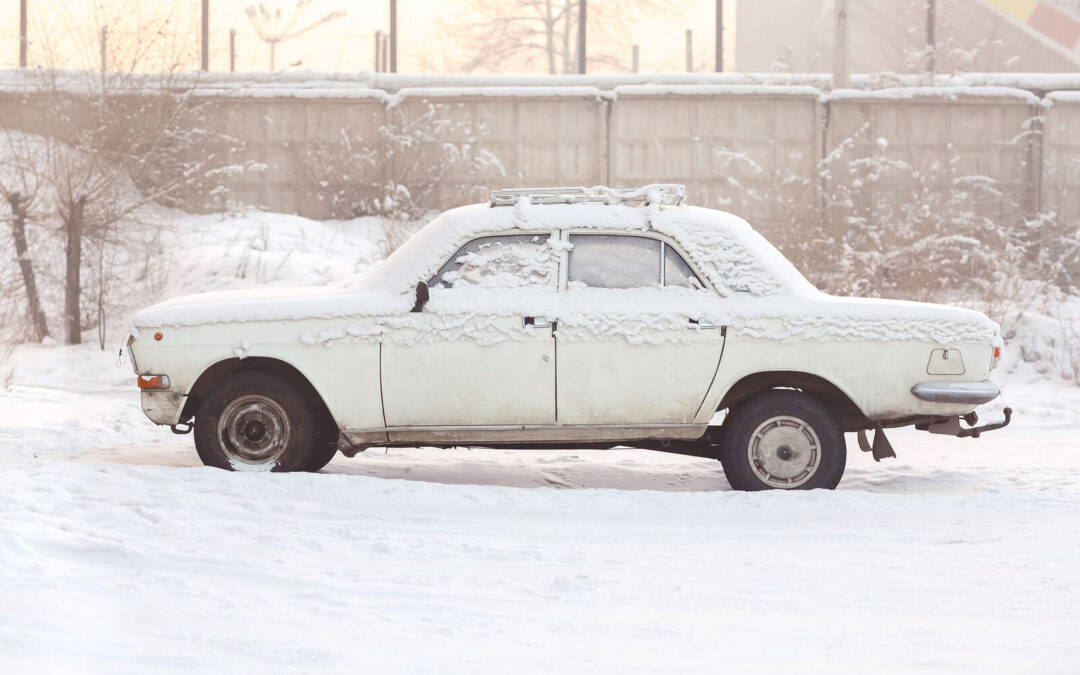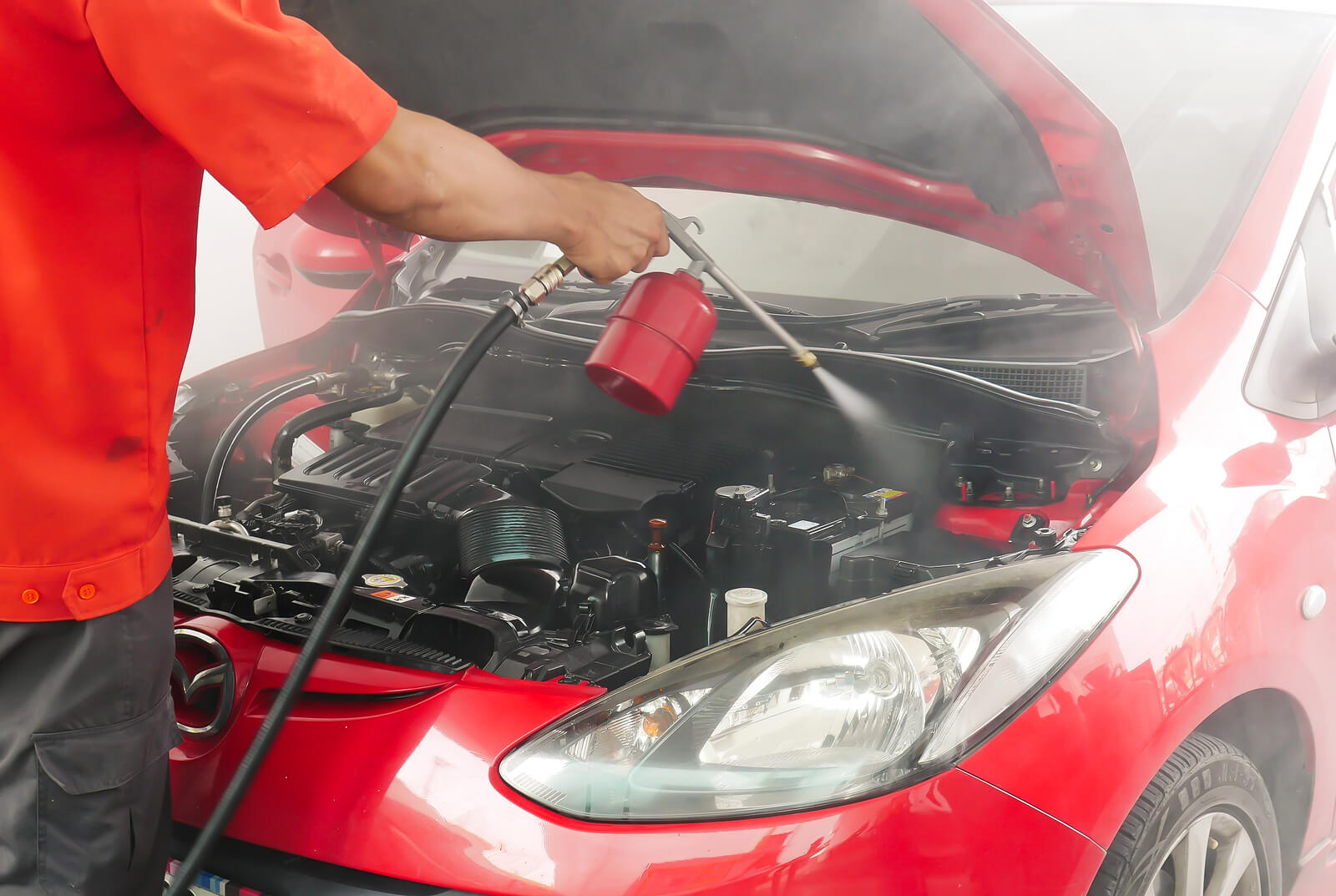Rust Check is a type of rust proofing that can be used to maintain and protect your vehicle. It is a light-weight spray that is applied to the body, inside sections and panels of your car. Established way back in 1973, the Rust Check method has been proven to be a successful and effective approach to preventing and managing rust and corrosion.
One of the greatest advantages of the Rust Check method is that is permeates all the hidden cracks, joints, and folds that are difficult to reach inside your vehicle. These are the places where rust and corrosion typically begin to form and develop in unprotected automobiles. Rust Check rust proofing products have the necessary airy consistency to travel far and wide into all your car’s defenseless areas that are susceptible and open to a rust attack. The Rust Check product also contains specialized active additives that help safeguard against the formation of rust.
How does Rust Check work?
Rust Check operates by protecting all the metal components of your vehicle by repelling and removing moisture. Rust is originally formed when any water or moisture come into contact with oxygen and metal for an extended period of time. Rust Check uses corrosion inhibitors to form a secure, protective layer on all the metal surfaces of your car. Although this layer is invisible to the naked eye, you can picture it as a defensive tarp adhered to the surface, to prevent contact from water molecules. Rust and corrosion are incapable of developing without direst contact from moisture.
Other Types of Rust Proofing
Rust Check is one type of rust proofing that is effective for protecting your entire vehicle against rust. Some other types of rust proofing services include:
- Sealants and coatings
- Tar-based undercarriage spray
- Oil sprays
- Electronic
Sealants and Coatings
Sealants and coatings are often referred to as undercoating services to your vehicle. This service typically consists of a tar, wax, or oil based sealant being applied to the undercarriage of your car. With this service, basically all of the focus is on the underside of the vehicle, with little concern for the upper body.
The problem with this approach is that rust can form on any metal surface in your car, not just underneath. Especially since cars are becoming more and more streamlined for improved gas mileage. To achieve this enhanced fuel economy, cars are now being designed with lighter, sleeker metal in the upper body. This thinner metal is more susceptible to rust and corrosion, and should certainly be protected.
Another issue with applying sealants and coatings is that because they are so thick, they are not able to get into those hard to reach places where rust generally begins to develop. Plus, these coatings are also vulnerable to cracking. This leaves open areas exposed, for moisture to get in and form rust, which can actually end up expediting the rusting process.
Tar-based Spray
This type of rust proofing is also applied to the underside of your vehicle. Because this spray is tar-based, it provides a thick coating. It should only be applied to fairly new vehicles that are free of rust.
Oil Sprays
There are a couple different types of oil sprays available for rust proofing. Typically, they are available in:
- Drip oil spray
- Dripless oil spray
Both are oil-based sprays obviously, the difference being that the dripless spray is more viscous and more difficult to get into cracks. The drip spray is more versatile, but may leave a mess on your driveway.
Electronic Rust Protection
This approach uses electronic pulses to interrupt the charge between metal and oxygen to prevent rust.
Valvoline Express Care Brampton
At Valvoline Express Care in Brampton you can expect to receive the best rust check treatments available.
The rust proofing technicians can help protect your vehicle from harsh environmental elements.



